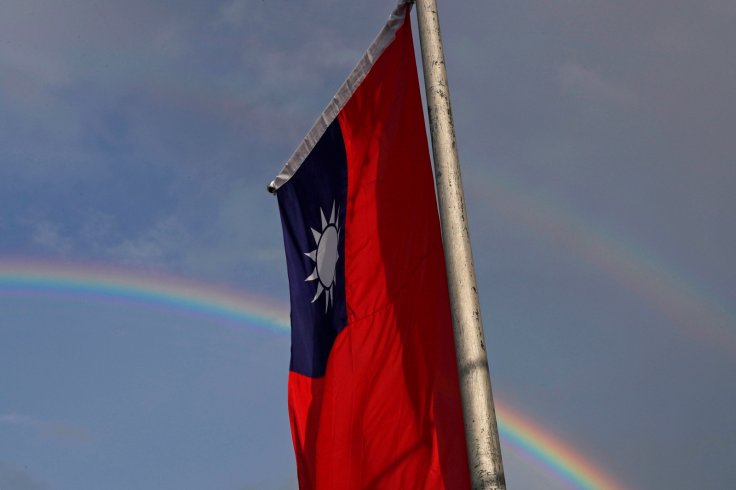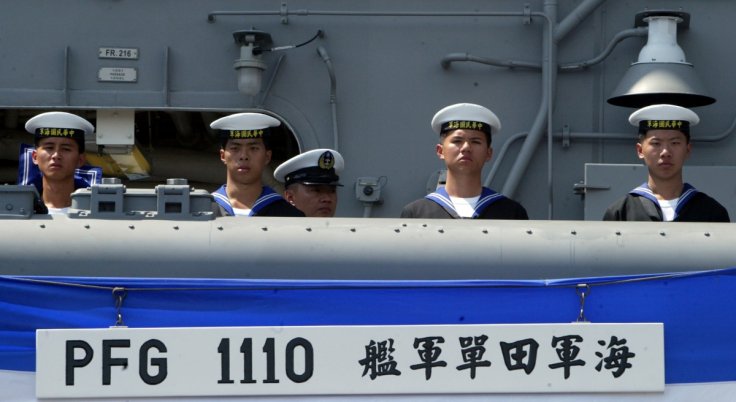Taiwan feels that many Chinese citizens who are residents of Hong Kong but are now seeking to shift to the island might engage in spying or other illegal activities for the Chinese government. Taiwan thus is stepping up security of these mainland Chinese citizens to ensure its own safety and security, the government said on Monday.
Taiwan has offered to welcome people from Hong Kong who want to leave the turmoil-ridden city after China imposed a new national security law on the former British colony. However, at the same time the government expressed concerns that some of these people may turn out to be Chinese spies.
Taiwan's New Concern

Taiwan's Mainland Affairs Council said on Monday that the decision to beef up security is in an attempt to "strengthen the management" of those people from mainland China who are settled either in Hong Kong or Macau but are now seeking to settle in Taiwan after the introduction of the new security law. Last month, Taiwan opened an office to help Hong Kong people who wish to move to the island.
However, Taiwan wants to welcome all such people and it wants to avoid unwanted "infiltration, disturbance or spying activities", the council said. It also said that it doesn't want any interference from the united front on its land. United front refers to the Chinese Communist Party's United Front Work Department, which is vested with the responsibility of co-opting overseas Chinese and non-communists.
Not an Easy Passage

Chinese residents settled in Hong Kong and Macau cheered Taiwan's gesture when it said that it would welcome all such people who want to come and settle in the island. However, Monday's announcement once again shows Taiwan's growing concern over Chinese interference in its territory.
The announcement especially targets residents from Hong Kong and Macau, who originally belonged to Chinese mainland or who are currently or previously were part of the United Front or are government or military officials. As per the recent move, applications from such applicants will be subject to cross-department review to assess if they possess any security threat and then only would be accepted.
Taiwan and China share extensive business relations with each other but both remain suspicious of each other. Taiwan has time and again felt threatened that China might try to influence it democracy through illicit funding of politicians and spying activities.
Tensions between the two countries have been mounting in recent times after Taiwan last year passed an anti-infiltration law to improve how Taipei combats perceived threats from Beijing, which was denounced by China. Also, the recent arms sale by the United States to Taiwan has infuriated China.
Beijing has time and again used military power to bring Taiwan under its control and has often criticized the United States for arms sales to the island. Last week, Taiwan's President Tsai Ing-wen's cabinet said that it would boost its defense spending by more than 10 percent in a bid to ramp up its military preparedness against China. The move follows China's decision to step up its military activity around Taiwan in recent times.









